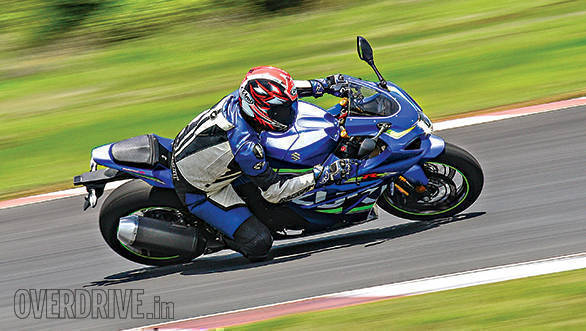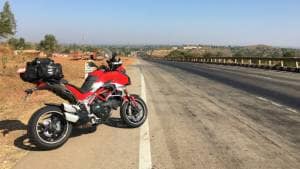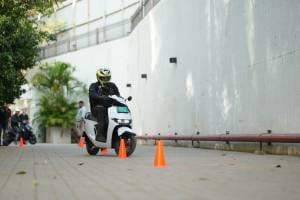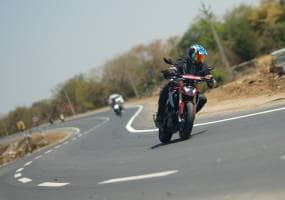Better Riding: Brain wash
If you haven't read The Brain by David Eagleman, you should. It's a small book, relatively speaking, that discusses how the human brain works and while reading it, I came across this amazing anecdote. Eagleman found an 8-year old boy who's a star at stacking cups - the red ones used at all the parties in American movies - into pyramids and then collapsing them back. He strapped himself and the boy to an EEG â" a 'brain scan' to be simplistic - and they went at stacking cups. Eagleman was expecting the boys brain to be lit up with activity as he raced through the process with the precision and speed he was famous for. Eagleman, of course, was bumbling around, slower and less precise. But to the shock of the researchers, it was Eagleman's brain that was lit up and busy. The boy's brain was nearly quiet with hardly any conscious activity registering.
The book goes on to explain that this is an interesting patter. Other studies have shown the human brain evolves and changes. To wit, a patient with half a brain removed - due to a disease - slowly gained back almost all function as the brain 're-routed' tasks to what was left. But more the fore, the brain adapts to us. In the boy's case, he was stacking cups so often than the brain took the functions and processes the boy used to get it done, and internalised them into a low-energy state. This state is usually reserved for activities we do often. This allows the brain to conserve energy and perform faster and more accurately. Think of it as your computer's cache, if you will.
 As you ride more and more often, the brain starts to cache the skills, decisions patterns and sensory inputs into often-used instructions sets. This means accessing these memories, skills and decisions is more automatic, faster and burns less energy...
As you ride more and more often, the brain starts to cache the skills, decisions patterns and sensory inputs into often-used instructions sets. This means accessing these memories, skills and decisions is more automatic, faster and burns less energy...
Remember I keep telling you to ride more and practice hard? This is another underlying reason to do it. When you do anything for the first time, you brain burns through energy as it has to expend all of its effort and attention to cope. A road rider on a motocross bike will be spent in 10 minutes. Not just because it's physically intense but because the brain, a massive energy consumer is firing on all cylinders. But as you do it more and more often, the brain starts to cache up skills, decisions patterns and sensory inputs into the often-used selection of instructions sets. This means accessing these memories, skills and decisions is more automatic, faster and burns less energy. That's why Valentino Rossi is thinking race strategy on his fastest lap - because his brain isn't busy with the lap, it already knows all the components of making a fast lap.
It's the same for us. If you love motorcycling, one part is to do it right â" which requires instruction and practice. The other part is to do it a lot, so that you brain is ready for the ride and you're ready to access and enjoy other sensations!
For more Better Riding articles, click here














